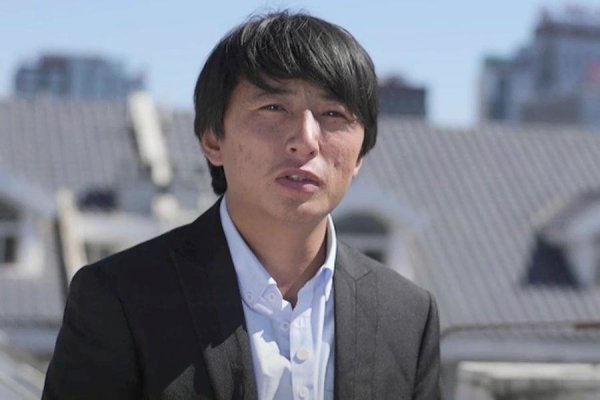
(TibetanReview.net, Aug24, 2018) – The Qinghai Higher People’s Court in Chinese ruled Tibet has on Jul 30 rejected an appeal by Tibetan language rights activist Tashi Wangchuk, seeking the setting aside of his conviction by the Yushu Intermediate People’s Court for incitement of separatism. The lower court’s sentence of five-year jail term, imposed on May 22, therefore stands despite the Chinese action being a subject of widespread international criticisms, including at the United Nations Human Rights Council, on numerous occasions.
In Feb 2018, six United Nations human rights experts condemned the “criminalization of linguistic and cultural rights advocacy” and called for Wangchuk’s release.
Nevertheless, the Qinghai court has rejected “both the argument from Tashi Wangchuk himself and the defending statement from the lawyers”, Wangchuk’s lawyer Liang Xiaojun has announced via social media on Aug 23.
The court document was quoted as saying Wangchuk had “distorted the facts, attacking the state’s policies on ethnic minorities, making remarks that undermine ethnic unity and national unity. His behaviour violated the legal bottom line of citizen’s freedom of speech, and was clearly subjective and deliberate. His reasons for appeal and the defence’s opinion cannot be established.”
The court document stating that Wangchuk’s appeal had been denied was dated Jul 30, 2018, according to Washington-based International Campaign For Tibet Aug 23. However, his lawyer has said the ruling was announced in the Yushu City Detention Centre only on Aug 13 and that Wangchuk’s “family was not allowed to hear the sentence.”
Wangchuk, a 33-year-old shopkeeper and language advocate in Qinghai’s Kyegudo County, was arrested in early 2016, two months after he was featured in a New York Times video and article on Tibetan language education. The video showed him requesting the Chinese authorities to allow the Tibetan language to be taught in Tibetan schools in Tibet.
Wangchuk was vocal in his disavowal of any separatist action and intention while making it clear that he was only using Chinese laws to protect the Tibetan language as guaranteed in the country’s constitution.
Nevertheless, using the New York Times article and video as main evidence, the Yushu Intermediate People’s Court had returned a guilty verdict against him on May 22, months after the conclusion of his January so-called trial.





